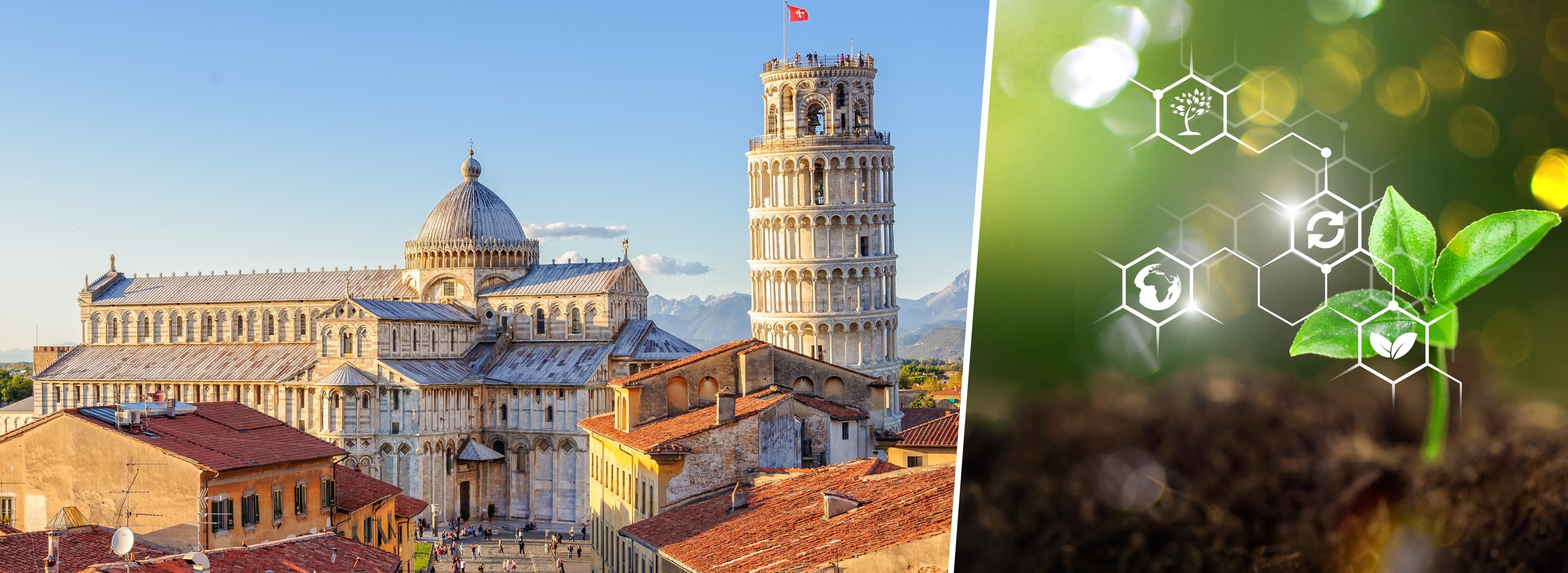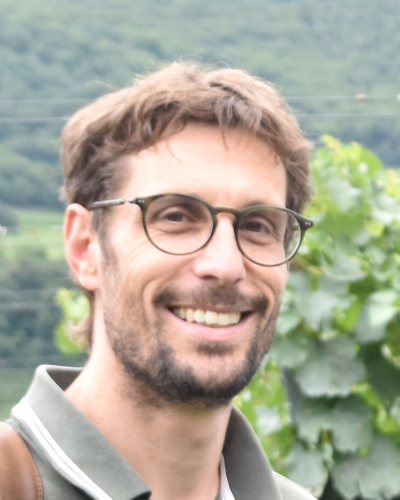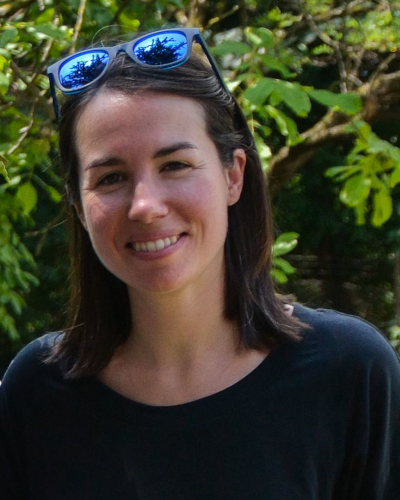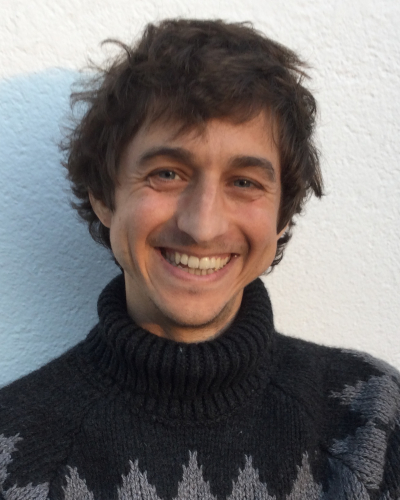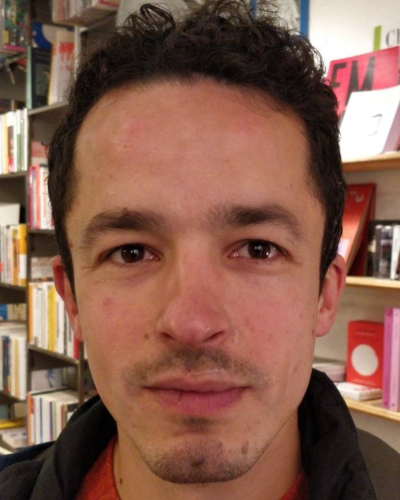SPECIAL SESSION #8
Measurements and modelling of mass and energy fluxes in agricultural and forest ecosystems
ORGANIZED BY
Damiano Zanotelli
Faculty of Science and Technology - Free Universtity of Bolzano-Bozen, Italy
Nadia Vendrame
Center Agriculture Food Environment (C3A), University of Trento, Italy
Alvaro Lopez-Barnal
Department of Agronomy, University of Córdoba (DAUCO), Spain
Marco Moriondo
Institute of Bioeconomy, National Research Council of Italy, Sesto Fiorentino (FI), Italy
Omar García Tejera
Departamento de Ingeniería Agraria y del Medio Natural, University of La Laguna, Spain
Francesco Reyes
Life Sciences Department, University of Modena and Reggio Emilia, Italy
ABSTRACT
The assessment of exchanges of mass and energy between ecosystems and the atmosphere is of pivotal importance both for agronomic purposes and environmental issues. On the one hand, monitoring and modelling these exchanges help improve our current understanding of the ecophysiology of crops and forest stands. On the other, it offers valuable information to support decision-making, promoting an efficient use of external inputs (e.g. irrigation). Additionally, the quantitative assessment of important ecosystem services, such as carbon assimilation rate and storage, depends on our ability to estimate the mass and energy exchanges of agroecosystems or forests.
This session is thus dedicated to collect studies aimed at investigating the ecophysiological performances of managed and unmanaged ecosystems (and their compartments) by direct measurements and modelling approaches, especially in the context of climate change.
TOPICS
- Eddy covariance measurements to monitor CO2, CH4, N2O, water and energy exchanges between ecosystems and the atmosphere;
- Chamber measurements of GHGs and water exchanges between soil/ground cover and the atmosphere
- Measurement of CO2 and water fluxes at the plant/leaf level
- Assessment of data quality for model calibration and validation
- Data-driven modelling approaches to estimate mass and energy exchanges of agroecosystems and their partitioning between ecosystem compartments
- Modelling management strategies focused on GHGs reduction in agroecosystems
ABOUT THE ORGANIZERS
Damiano Zanotelli. Assistant professor (tenure track RTD/B) at the Faculty of Science and Technology at the Free University of Bozen-Bolzano (UNIBZ), he received a joint Ph.D in Horticultural Sciences (Doctor Europaeus) from the Universities of Bologna and Bolzano in 2012. His main research interests are dealing with the assessment of carbon and water fluxes in the soil-plant-atmosphere continuum as well as the crop nutrition in woody agroecosystems, especially with respect to changing environmental conditions and the occurrence of abiotic stresses. At the present (January 2023), according to Scopus, he is the author of 41 publications in internationally referred Journals, with an H-index of 13.
Nadia Vendrame is a researcher at the Center Agriculture Food Environment (C3A) of the University of Trento. In 2017, she earned the PhD in Crop Science at the Department of Agronomy, Food, Natural resources, Animals and Environment (DAFNAE) of the University of Padova, where she also conducted research as postdoc. Afterwards, she joined the scientific staff of the Ecosystem Thematic Centre (ETC) of the EU research infrastructure Integrated Carbon Observation System (ICOS) in Viterbo.
Her research interests focus on the study of vegetation-atmosphere interactions, with particular attention on the microclimate and carbon and water budget of agroecosystems. She has a sound experience in conducting long-term and intensive field campaigns to assess carbon, water and sensible heat fluxes applying micrometeorological techniques (eddy covariance and scintillometry). She also investigated the evolution of canopy turbulent transport mechanics in vineyards in relation to leaf development during the growing season.
Alvaro López-Bernal is Agricultural Engineer and currently Post-Doctoral Fellow at the University of Córdoba (Spain). He is Ph.D. at the University of Cordoba (Spain), with a dissertation about the effects of water deficit on the sap flux and stomatal response of fruit trees. His research activity aims to enhance our understanding of the links between water use, carbon exchange and fruit yield in olive orchards. He is one of the main contributors to the development of the olive crop model OliveCan and applies it in the assessment of climate responses of yield and gas exchange of olive groves, in current and future climatic conditions.
Omar Garcia-Tejera is a Post-Doctoral Fellow at the Departamento de Ingeniería Agraria y del Medio Natural of the University of Laguna (Spain). In 2016, he earned his Ph.D. at the University of Cordoba (Spain) with a dissertation focused on the modelling of transpiration of olive and almond trees under water deficit conditions. His research activity aims to explore the crop-environment interaction with a special interest in carbon and water fluxes. Currently, he is working on novel approaches to quantify evapotranspiration and photosynthesis in cloud forests.
Francesco Reyes is Assistant Professor at Life Sciences Department of the University of Modena and Reggio Emilia. His research focuses on the analysis and modeling of plant growth in relation to canopy structure and microclimate, as affected by artificial (protection screens) and natural (other dominant vegetation) covers. His expertise on process-based models spans from Functional Structural Plant Models to plot scale agroforestry models but extends as well to more empirical approaches and the integration of remote sensing data. He obtained his MSc in Sustainable Development at the University of Utrecht and his PhD at the Free University of Bolzano (2016). He is part of the editorial board of Agroforestry Systems.

